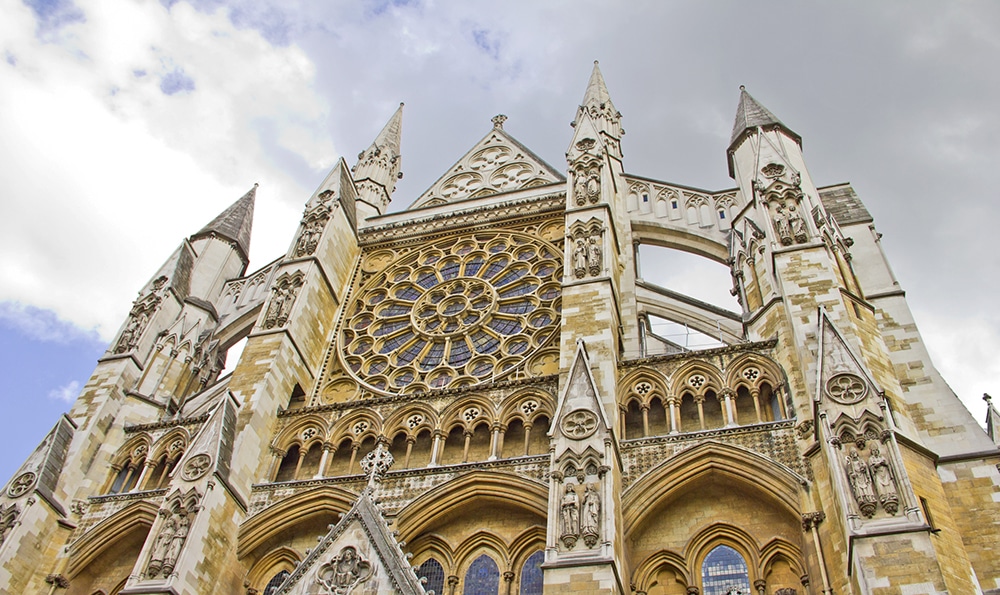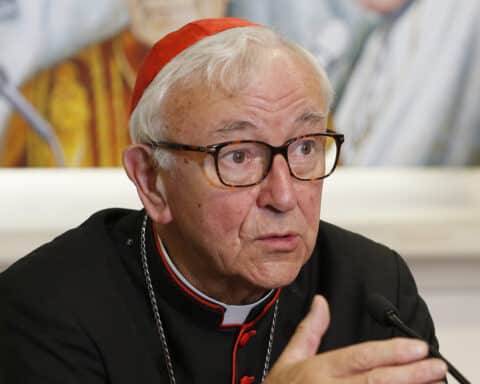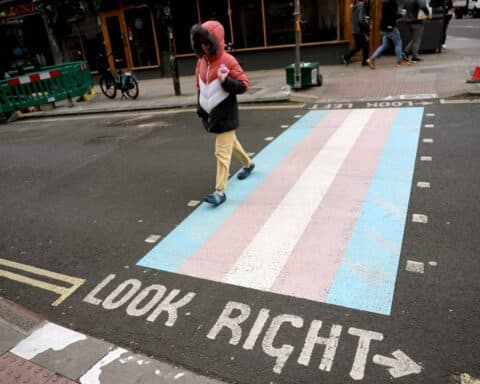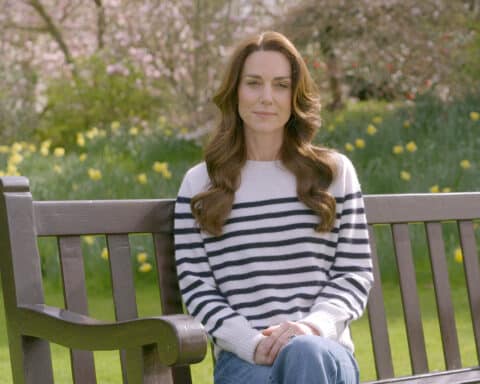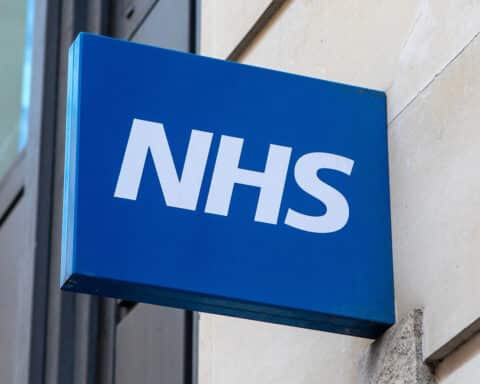The coronation of King Charles III in London on May 6 will not affect the United States, but Americans are hypnotized by British royalty, so many Americans will follow the events of that day with interest.
It will be a very religious ceremony, of the Established Church, as the Anglican Church officially is called in England, but with many Catholic antecedents, references and symbols, even Gregorian chant.
The site will be Westminster Abbey, not St. Paul’s Cathedral, the primary Anglican church in London. Westminster Abbey was a monastery, of the Benedictines, the oldest religious order in the Catholic Church, a group still very much alive and well today. (Benedictine abbeys run St. John’s University in Minnesota, St. Leo University in Florida and Belmont Abbey College in North Carolina.)
The abbey was founded as a Catholic monastery a thousand years ago. It functioned as a Catholic monastery until 1539 when King Henry VIII, breaking with the Roman Church, closed it as a monastery but kept it as a church. Housing the tomb of St. Edward, himself a king, English kings and queens to this day have been crowned there.
Indeed, Charles will wear St. Edward’s crown.
Once, the centerpiece of every coronation was the celebration of Mass. That went away after Henry VIII, but Charles III’s coronation will feature communion, or the Anglican Eucharist.
St. Augustine, an Italian Benedictine monk, not the great African theologian, brought Catholicity to England in the late sixth century. He established the first English diocese in Canterbury, in Kent. Historically, his successors, archbishops of Canterbury, have crowned monarchs, although, since Henry, the archbishops have been Anglicans.
Christian bishops crown British monarchs, by law, to say that all authority comes from, and is subject to, God.
The archbishop will anoint Charles III. Anointings with specially blessed olive oil have been Catholic ceremonial since the apostles. Sick people are anointed. Priests are anointed on their hands to infuse divine power into them as priestly duties are performed. Bishops are anointed on their heads, that divine guidance will dwell in their decisions as they govern dioceses.
Kings are anointed on the breast with the prayer that divine mercy will fill their hearts as they reign.
Charles, the new king, always has been openly friendly to Catholics. He was close to the late Cardinal Basil Hume, the principal Catholic bishop in England. Charles attended the funeral of Pope St. John Paul II, who, it is said, greatly impressed Charles.
Pope Francis recently sent to the king, as a gift on this occasion, a relic of the true cross. It may be displayed in the ceremony. The Pope also will send a representative.
Crowned with Charles will be his wife, Queen Camilla. Wives of kings customarily are crowned, but her coronation will break with tradition. Charles and Camilla are not married in the Anglican Church since she is divorced. No divorced person has ever been crowned.
Her first husband was, and is, a Roman Catholic. Married in a Catholic ceremony, by a Catholic priest, he and she reared their children as Catholics.
Members of the royal family will participate. Several of them are practicing Catholics.
While Henry VIII’s break with Rome was ferocious, four Catholic princesses eventually became queens of England as wives of Protestant kings, among them Queen Henrietta Marie, the wife of Charles I, who reigned from 1625 to 1649. Devoutly Catholic, daughter of the French king, Henri IV, Henrietta Marie, for whom Maryland is named, absolutely refused to be crowned, because a Protestant cleric would officiate.
The coronation will be English, occurring in England, but Charles III also is king of 13 other sovereign, fully independent, separate nations, including Australia, Canada, Jamaica, Bahamas, and New Zealand, under their constitutions. All have many Catholic citizens. He is king of Northern Ireland.
After Henry VIII, coronations included each monarch’s repudiation of Catholicism. This was removed a while back to avoid insulting Catholics.
Msgr. Owen F. Campion is OSV’s chaplain.

